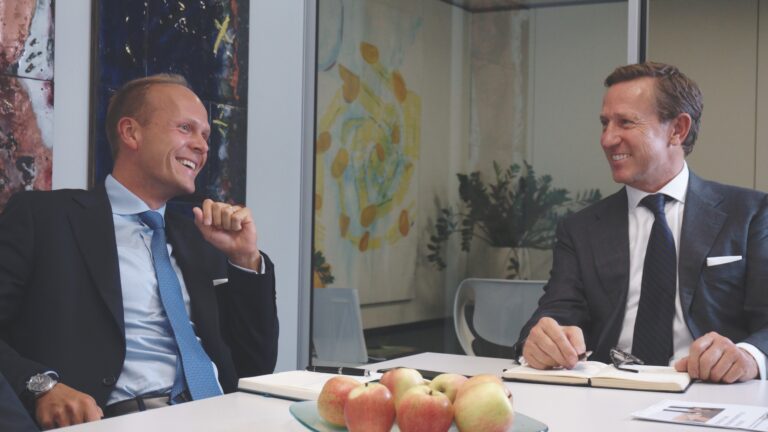The 2021 Gold Summit
What is monetary climate change?
Our leitmotif this year is monetary climate change. But what do we mean by this phrase? First, it would be the return of inflation. Since the end of inflation by Paul Volcker, we have been in a deflationary world in which there was no talk of inflation. Globalisation, technical progress and many other reasons can be mentioned in this context. But since the Corona crisis, at the latest, we seem to be moving definitively in the other direction. Extreme monetary and fiscal stimulus have not yet led to major changes during the pandemic standstill. But now that the economy is waking up again from its enforced slumber and the velocity of circulation is picking up, inflation is showing its ugly face. Don’t get your hopes up either, this is exactly what central banks and governments want. The state feels very comfortable in this role of the omnipresent manager and an even more dependent population doesn’t sound so bad either. This is reflected in the new policy of the Federal Reserve, which now has an average inflation target. Finally, the job description of central banks has changed. The monetary guardian is old news, the new central bank fights climate change and is for more inclusiveness and social justice.
The tool of the future
Negative interest rates, QE and others, the classic methods of central banks are all exhausted and no longer really effective. The marginal utility of many is simply too small. The new tool of choice will be interest rate controls. This is nothing new historically, but it was not used in the last decades. But now it is topical again. The background is that this, in combination with inflation, can reduce the huge mountains of debt. It is indeed robbery of the citizens, but when would that ever have stopped the state. Already after the Second World War, the debts accumulated during the war could be reduced in this way.
The state in its new role
As already mentioned, the state likes its new role. Moreover, radical ideas, which before the pandemic were only advocated by left-wing professors at universities, are now more and more the norm. MMT or even universal basic income are advocated by many people. This development probably does not really bother the state. For many, capitalism seems to have already died. There is no lack of truth in this. To claim that an economy in which sometimes more than 50% of GDP comes from the state is capitalism is somewhat surprising. But the common thread here is also good to see, socialism always leads to a lot of power and influence for a small elite. Exactly what is wanted.
Click here for the Video:

